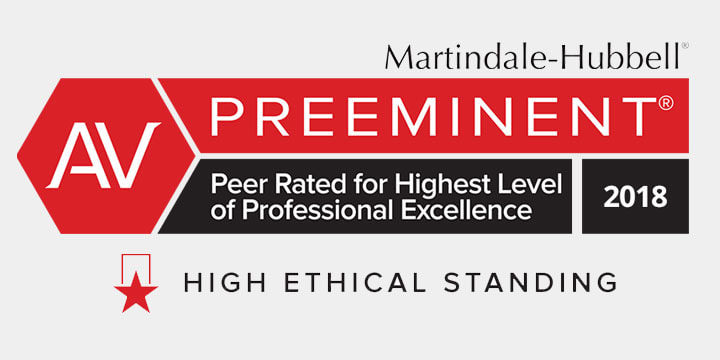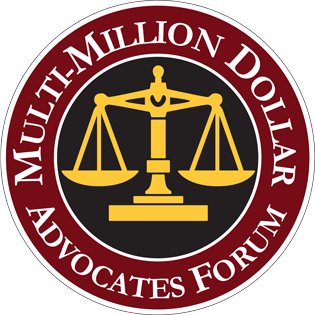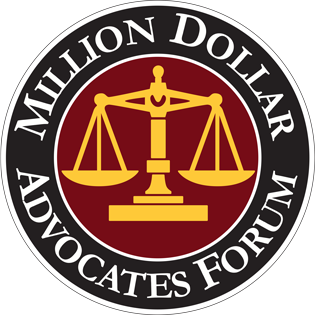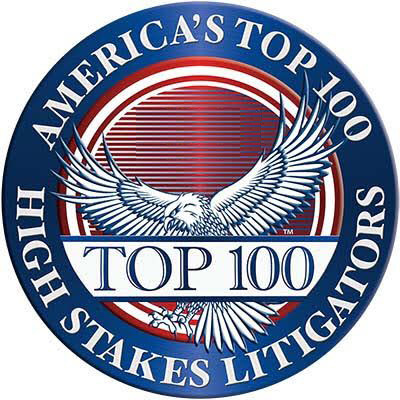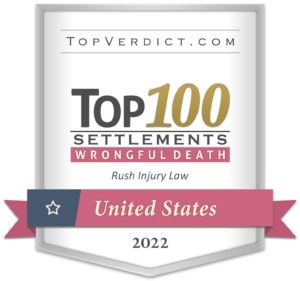Call For A Free Consultation
415-897-4801
Novato Corporate Office (Mailing Address):
10 Commercial Blvd #206 Novato, CA 94949
Offices Located In San Francisco, Oakland, San Jose, Walnut Creek, Pleasanton, Santa Rosa, Napa, Redwood City, Sacramento and Newark
Premises Liability at Amusement Parks: Who’s Responsible if You Get Injured?
Amusement parks are supposed to be fun places where families can enjoy thrilling rides, entertaining shows, and tasty snacks. But accidents and injuries sometimes occur at these popular destinations. When they do, the question arises: Who is legally responsible?
The answer lies in premises liability law. Premises liability determines a property owner’s duty of care to keep their property safe. Amusement park owners and operators have a responsibility to protect guests from dangerous conditions. But the details of liability claims can be complicated.
Factors That Determine Liability
Under California law, the duty owed to someone injured on private property depends on their status:
- Invitee – A business guest who is invited, either directly or indirectly, onto the premises. This category includes paying amusement park customers. The property owner must make reasonable inspections for hazards and give adequate warnings of dangers that the owner knows or should know about.
- Licensee – Someone who comes onto the property for their own purpose, with the owner’s permission. The owner must warn of concealed dangers the owner is aware of.
- Trespasser – Someone who is on the property without permission. The owner must refrain from deliberate or reckless harm.
Amusement park visitors are generally classified as invitees. The park must exercise reasonable care for their safety. But the park isn’t responsible for injuries that couldn’t be prevented with ordinary prudence.
Ride Safety and Maintenance
Well-maintained rides with adequate restraints, controlled speeds, and trained operators minimize the chance of accidents. But mechanical failures and human errors can occur.
Poorly designed rides may expose riders to unnecessary risks. Lack of routine maintenance can cause broken or malfunctioning equipment. Careless loading and unloading procedures or insufficient operator training may endanger guests.
Parks should have detailed maintenance logs showing safety checks and repairs performed by qualified technicians. This documentation can help demonstrate reasonable care in the event of an incident.
If defective equipment or negligence by the park or staff results in injury, the park may share liability. But they aren’t insurers guaranteeing absolute safety. The park’s duty is to take reasonable precautions – not to eliminate all conceivable hazards.
Other Hazards
Ride safety is a major concern, but all areas of the park must be properly maintained. Trip and fall accidents are common in crowded amusement parks. Liquids spills, uneven pavement, faulty stairs or handrails, poor lighting, debris, and other tripping hazards must be promptly corrected or blocked off.
Insufficient security could contribute to assaults, thefts, molestation incidents, fights between guests, or unruly crowd situations. Failure to enforce conduct rules or control disruptive visitors could lead to intentional harm.
Well-trained security guards, surveillance cameras, restricting alcohol sales, and ejecting problematic guests can help prevent injuries from fights or attacks.
Food poisoning is another potential source of claims if contaminated food is served or if sanitation and temperature regulations aren’t followed. Untrained staff and unsafe cooking conditions can put guests at risk. Regular health inspections, food handler training, proper refrigeration, and careful sourcing of ingredients are key precautions.
In addition to park conditions, the conduct of visitors factors into liability. Acting recklessly or ignoring posted warnings could be grounds for reducing damages in an injury case. But the plaintiff’s role doesn’t automatically excuse unsafe property conditions. Comparative negligence rules determine how responsibility is apportioned between parties.
Key Factors in Liability Claims
- Did a dangerous condition exist on the property?
- Did the property owner know or should they have known about the hazard?
- Was the hazard likely to cause injury?
- Did the owner fail to use reasonable care to correct the condition or give adequate warning?
- Did the guest suffer actual harm or damages as a result of the dangerous condition?
- Was the hazardous condition the main proximate cause of the injury?
- Did any negligence of the injured guest contribute to the accident?
Damages in Premises Liability Cases
If an amusement park is found liable for injuries, they may owe compensation for:
- Medical expenses from the initial treatment and ongoing care
- Rehabilitation and physical therapy costs
- Lost income and reduced earning capacity
- Pain, suffering, and emotional distress
- Permanent disabilities or disfigurement
- Wrongful death damages if a fatality occurs
In severe cases, damages can amount to millions of dollars when victims face lifelong impairments, loss of limbs, brain damage or paralysis. Cases of sexual assault or wrongful death also warrant substantial compensation for psychological trauma and loss of companionship.
Injury cases also involve other expenditures like legal fees and expert witness fees. Damages are determined by the specific losses incurred in each case.
Managing Liability Risks
While premises liability claims can’t be completely eliminated, amusement parks can manage risks and prepare for the possibility of lawsuits. Safety strategies include:
- Careful planning and maintenance of grounds, facilities, and rides
- Regular inspections, repairs, and upgrades to meet codes
- Strict ride testing, operator training, loading/unloading protocols
- Barriers and warning signs for off-limits areas
- Prompt clean-up of spills or tripping hazards
- Adequate security, medical services, and emergency preparedness
- Food safety measures and sanitation monitoring
- Surveillance systems to identify problems
- Tracking and promptly responding to guest injury reports
- Staying current with industry best practices and safety standards
Sufficient liability insurance is also essential to cover legal defense costs and compensation for injured guests. An experienced attorney can advise amusement park owners on developing effective risk management strategies, navigating insurance claims, and defending against premises liability lawsuits.
Get a Free Case Review
If you or a family member have been injured at an amusement park, contact our firm for a free case evaluation. Our premises liability attorneys have successfully represented victims in negotiations with insurance companies, mediation or at trial. We handle serious injury and wrongful death claims involving dangerous property conditions, defective equipment, inadequate security, and other causes. Our goal is obtaining maximum compensation so you can move forward after your ordeal.
Visit our offices at:
- 10 Commercial Blvd, #206 Novato, CA 94949
- 75 Broadway #202, San Francisco, CA 94111
- 3558 Round Barn Blvd, Suite 200, Santa Rosa, CA 95403
Or call us today for a free consultation on (415) 897-4801.
Want A Free Consultation?
© 2025 Rush Injury Law. All Rights Reserved.


